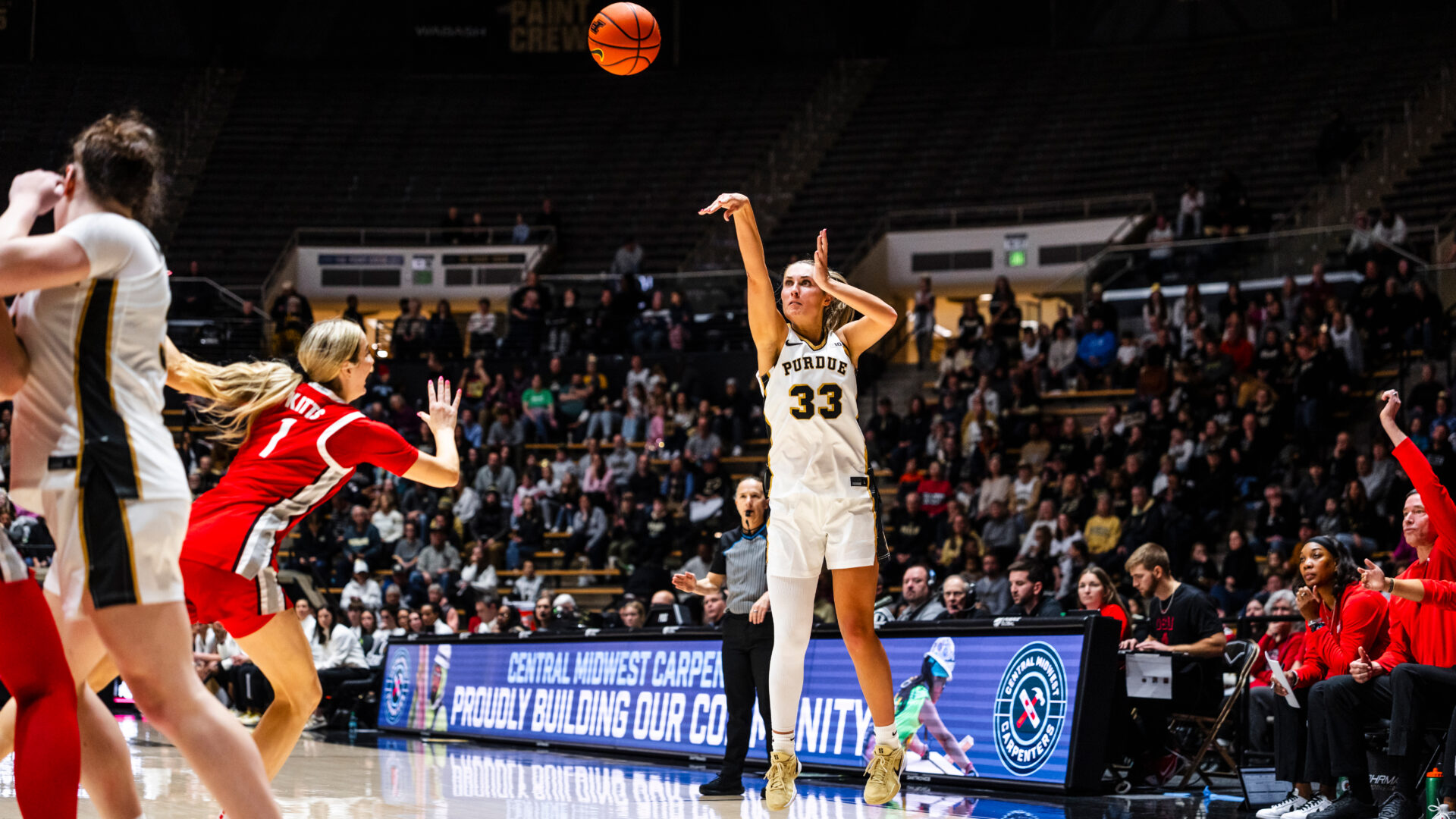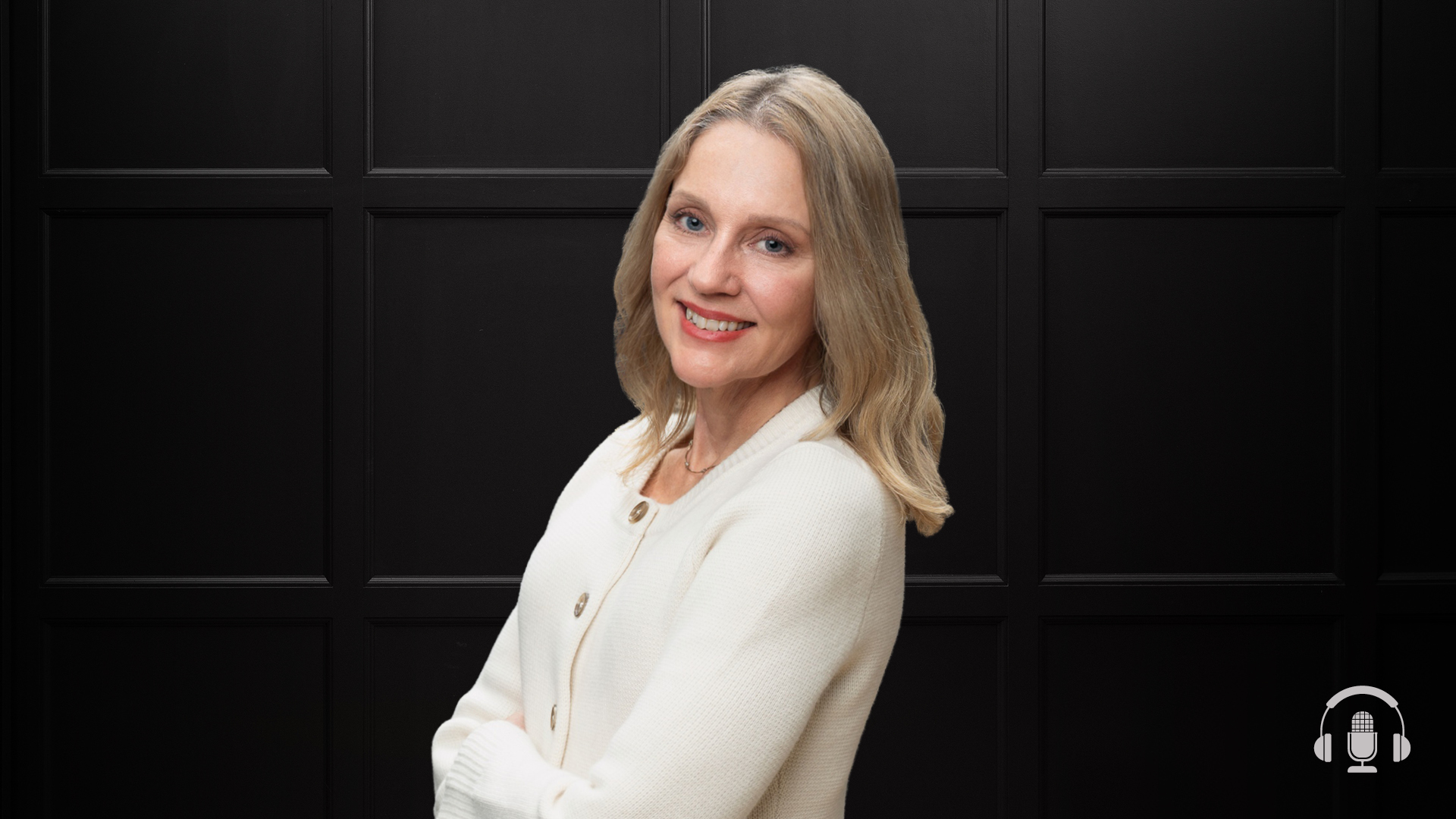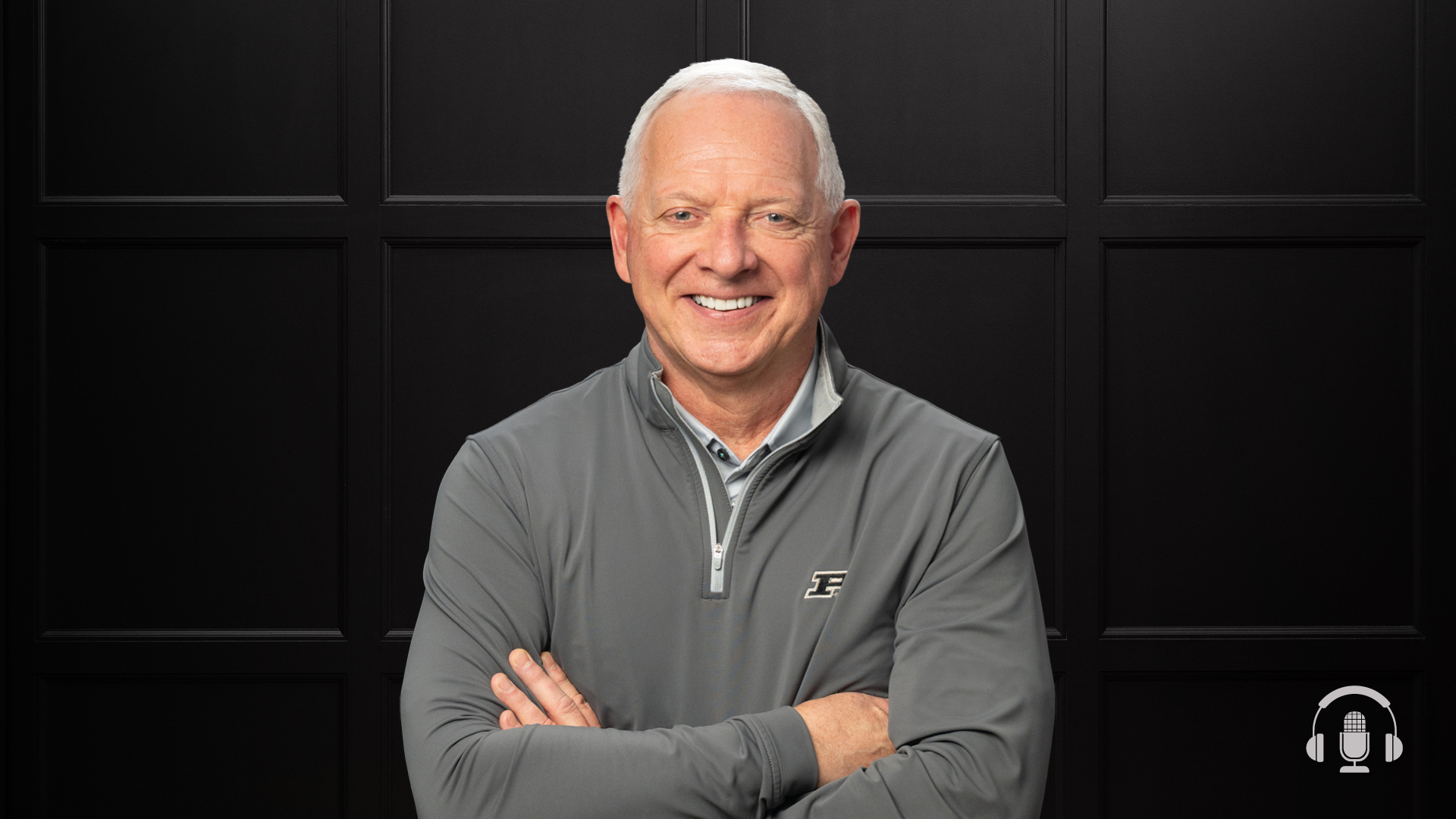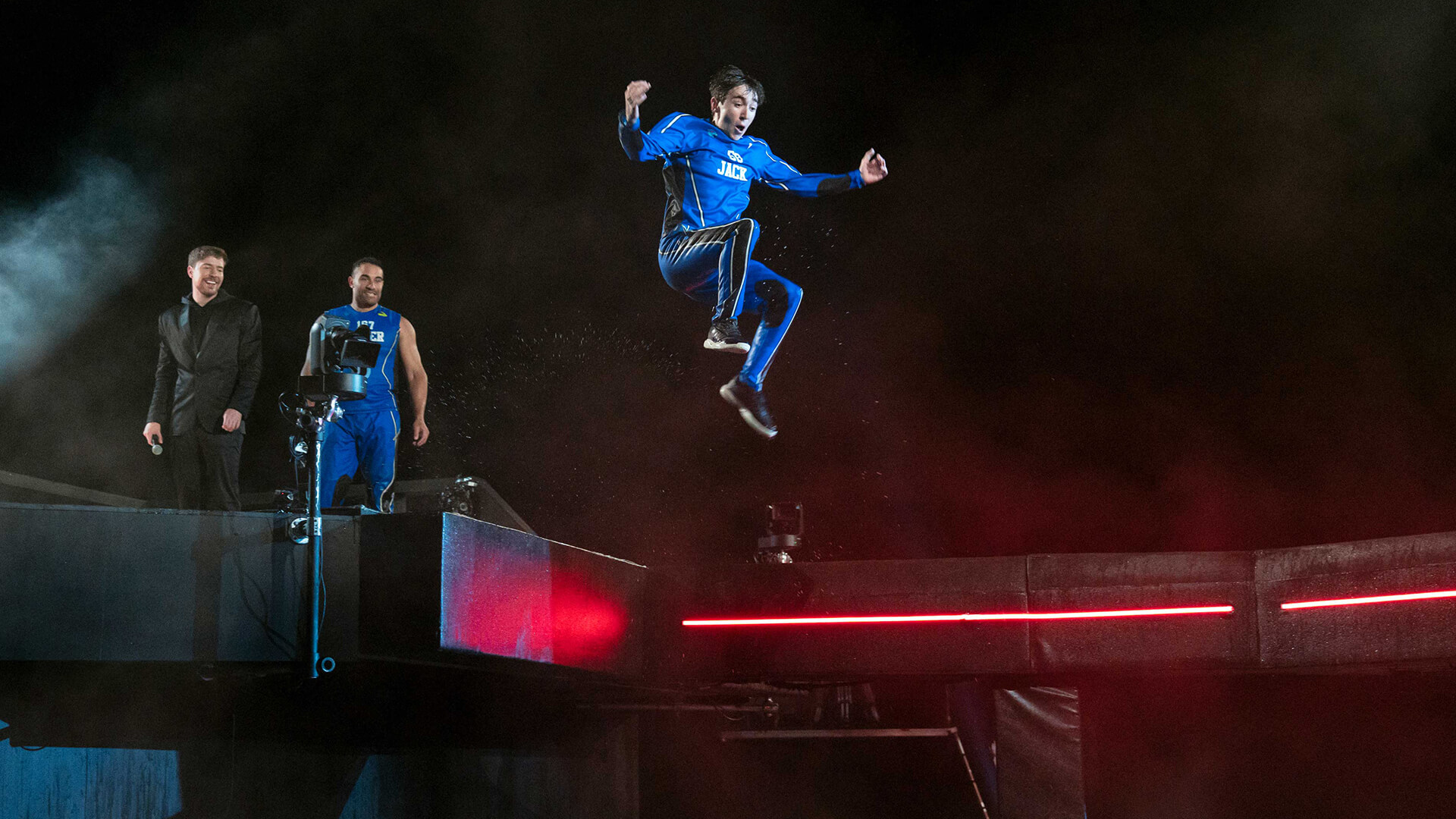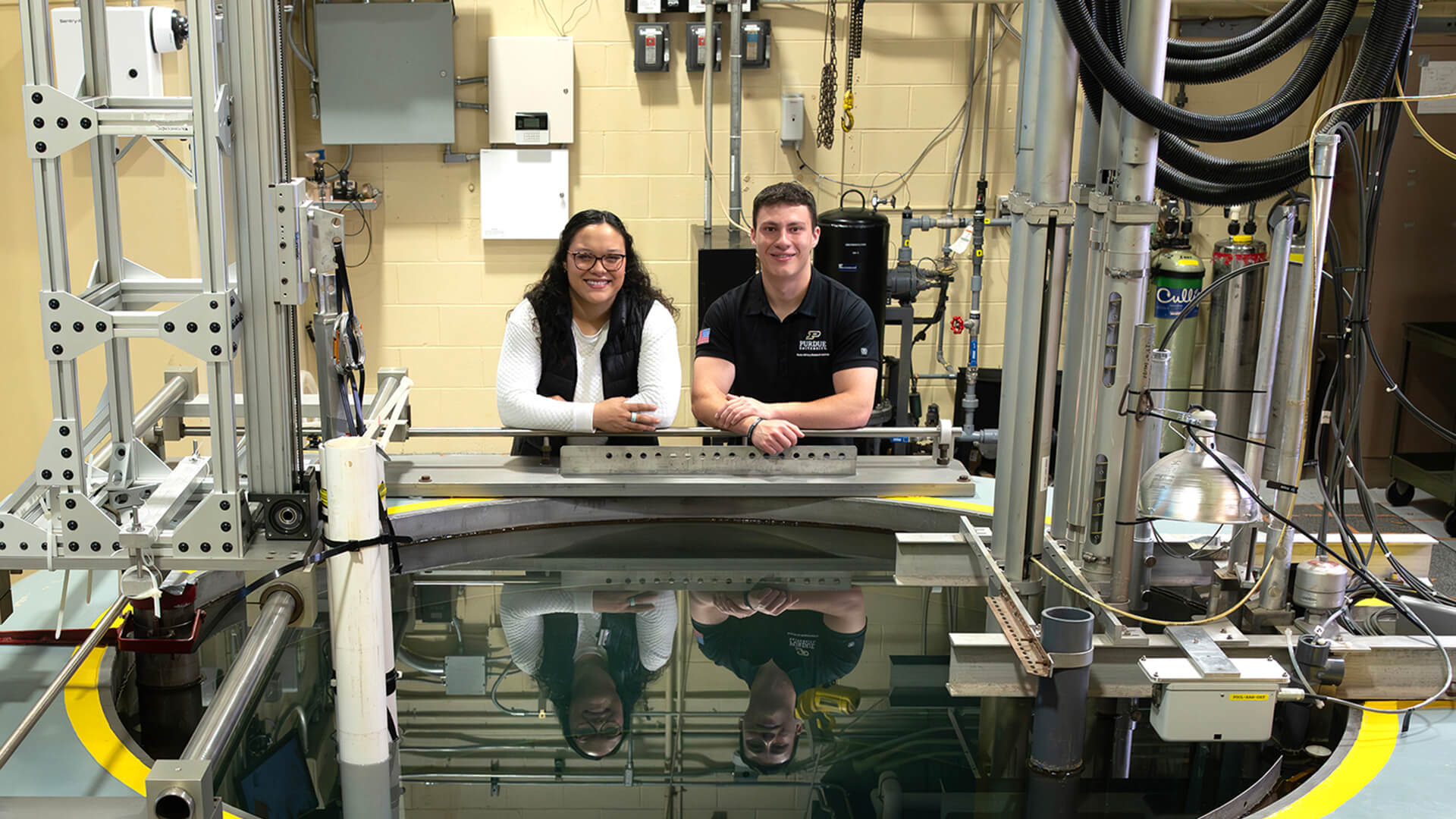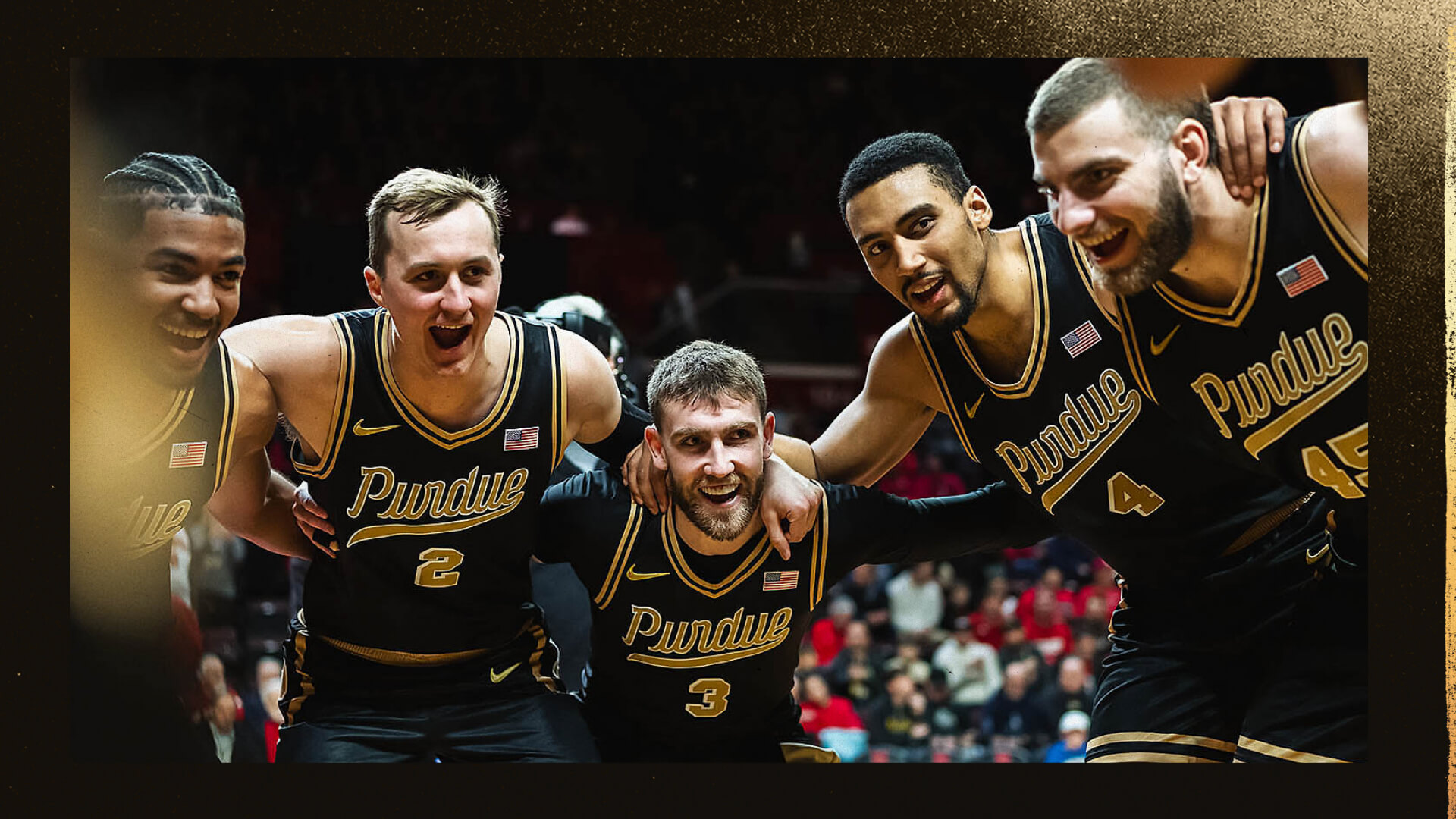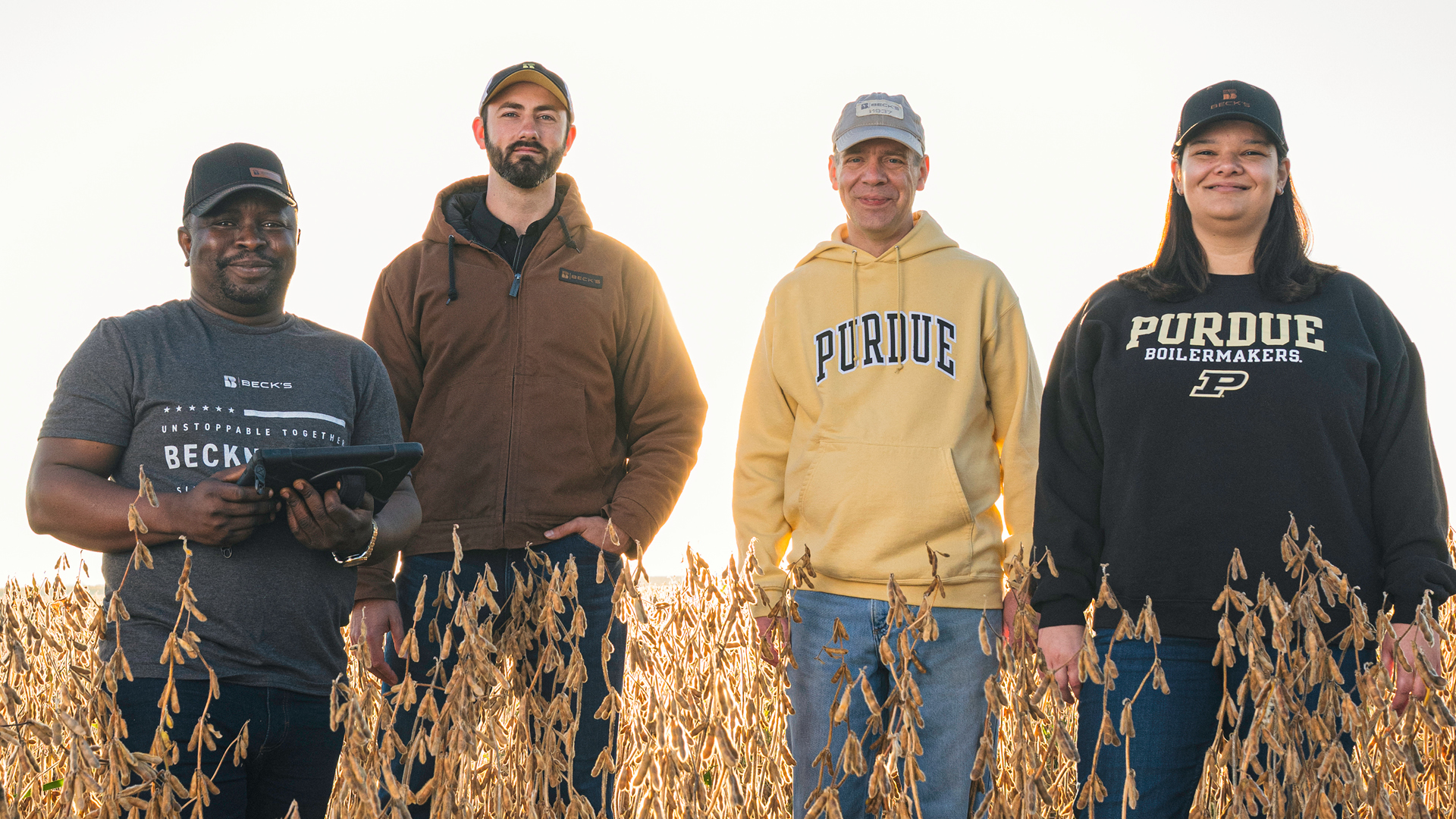Bringing texts alive
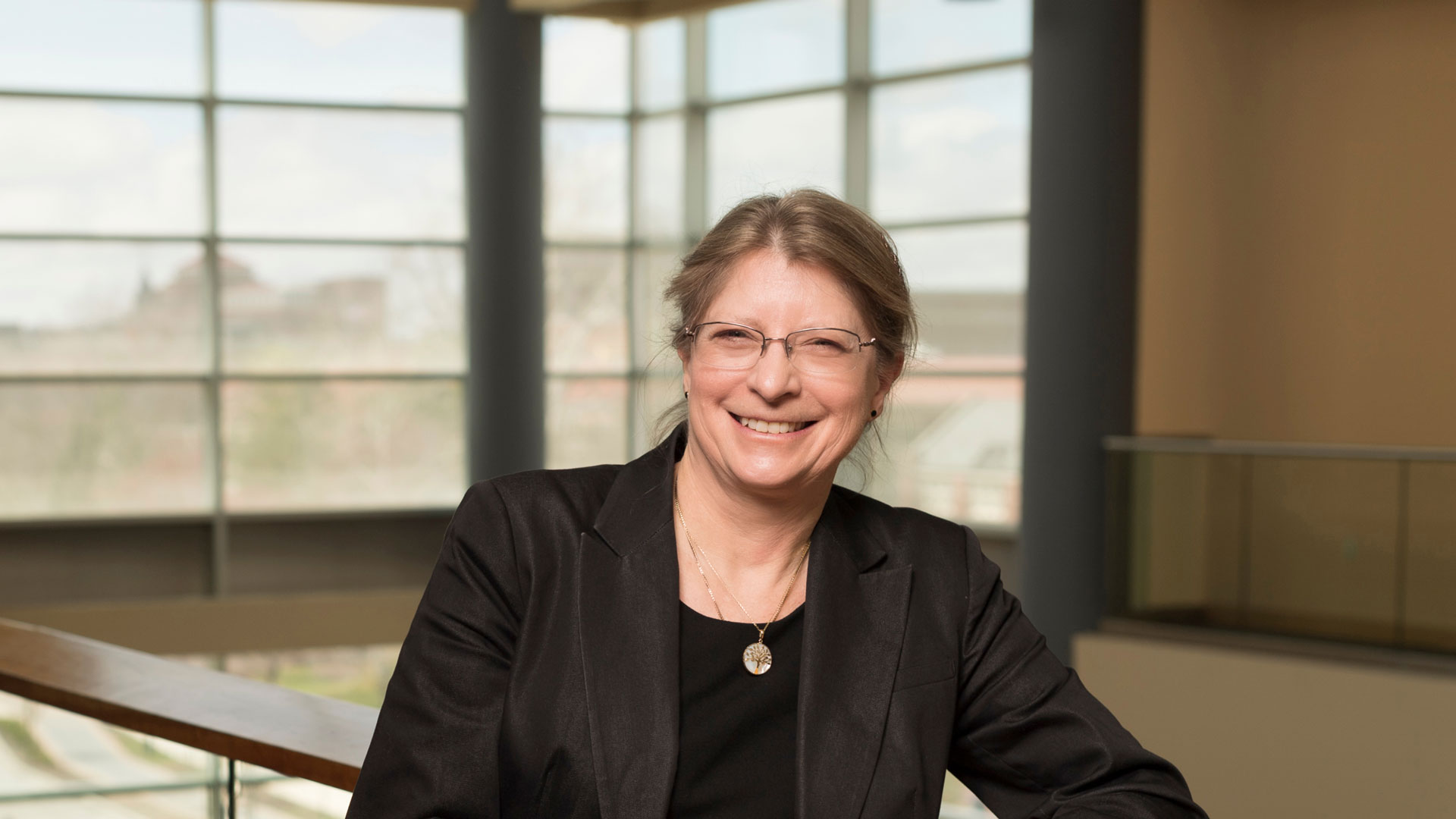
Melinda Zook, professor of history, is one of the five Charles B. Murphy Award winners for Outstanding Undergraduate Teaching. (Photo by John Underwood/Purdue Marketing and Communications)
History professor Melinda Zook aims to shape students into creative thinkers and problem solvers
For Melinda Zook, home is where the heart is.
And if you ask her, her home – and her heart – is in a classroom.
“I knew early on that a classroom is where I truly belong,” Zook says. “Engaging with students – no matter the level of the course or the number of students – doesn’t get old. There’s something thrilling about students challenging me and me challenging them.”
Zook, professor of history, is among five winners of the 2022 Outstanding Undergraduate Teaching Award in Memory of Charles B. Murphy. She has taught for the last 25 years at Purdue, where she landed shortly after completing her PhD at Georgetown University.
She strives to get to know her students beyond the coursework, knowing that being an effective teacher means meeting students where they are and learning more about what shapes them as individuals. In combination with the curriculum, she hopes to enrich students’ creative thinking and overall understanding of society. “It sounds simple, but I always look forward to walking into a classroom full of students,” Zook says. “I often find myself walking by students before class starts to observe what they’re reading, what they’re talking about and what has them engaged on any particular day. I am always learning something from them.”
Starting a revolution
Zook designs courses to attract a diverse group of students, and her goal has always remained the same: Deepen their understanding of the past, develop their critical thinking and foster a love of learning. She served as director of the History Honors Program from 2009 to 2017, which she also helped develop.
But perhaps one of the proudest achievements of Zook’s career to date was the development of the Cornerstone Integrated Liberal Arts program, an undergraduate program designed to reach all students and encourage them to broaden their understanding of the world and themselves and strengthen their communication and critical-thinking skills through general education courses.
Along with seven other liberal arts faculty, Zook designed the program for first-year undergraduates across the university. Students attend a two-semester course (Transformative Texts: Critical Thinking and Communication I and II) in small classroom settings with faculty who are experienced teachers, scholars and mentors. Cornerstone is a 15-hour certificate program designed for all Purdue undergraduates that challenges them intellectually and encourages them to become lifelong learners.
That moment when you’ve realized you’ve lit a fire in a student — nothing compares to that. It’s that moment when you’ve realized you’ve turned your students onto something, something new, something they didn’t expect. That’s what teaching is all about.
Melinda Zook, Germaine Seelye Oesterle Professor of History; director of Cornerstone Integrated Liberal Arts program
“Cornerstone really started a revolution on this campus,” Zook says. “It has changed the culture. We know that 18- and 19-year-olds really need a mentor as soon as they set foot on campus, and this program is designed to give them not only that, but an enriching first-year experience as they begin their college careers.”
Cornerstone is now being replicated on other college campuses, Zook says, because of its success at Purdue. Creating a strong foundation in liberal arts, particularly for STEM-focused students, is making a difference, Zook says.
And due to the demand for these courses, particularly from first-year engineering students and from the Purdue Polytechnic Institute, Cornerstone has continued to grow. In Fall 2021, more than 4,000 students enrolled in the first-year sequence, Transformative Texts I and II.
Lighting a fire
There’s a specific moment Zook looks forward to as a teacher. It’s a moment that doesn’t happen every day, but she always remembers when it does.
“That moment when you’ve realized you’ve lit a fire in a student — nothing compares to that,” she says. “It’s that moment when you’ve realized you’ve turned your students onto something, something new, something they didn’t expect. That’s what teaching is all about.”
There are, of course, a variety of skills Zook wants her students to walk away with when they finish a class. She wants them to be able to construct an argument effectively, articulate their positions with clarity and have a deeper understanding of the material. But she also wants them to walk away with their minds opened.
“I want to challenge them to think about themselves and the world around them in new, meaningful ways,” Zook says. “I hope they find more things they love that they didn’t know they loved before they enrolled in one of my courses. They could go to a Shakespeare play and say, ‘My God, I love theater,’ or read a poem that really resonates and discover they love poetry. Those are the things that make the college experience so transformative.”
There is no right way or wrong way when it comes to being an effective teacher, Zook says. But she challenges herself year after year to make a difference when it comes to the student experience – and that means ensuring the material has an impact. “Books are wonderful. Readings are wonderful. But really, it’s the faculty member that brings those texts alive,” Zook says. “That’s what I try to do every day. I will go through a poem stanza by stanza, or find photos or video that illustrate exactly what I’m talking about so students can appreciate a subject from a different perspective. That’s how you make an impact as a teacher.”
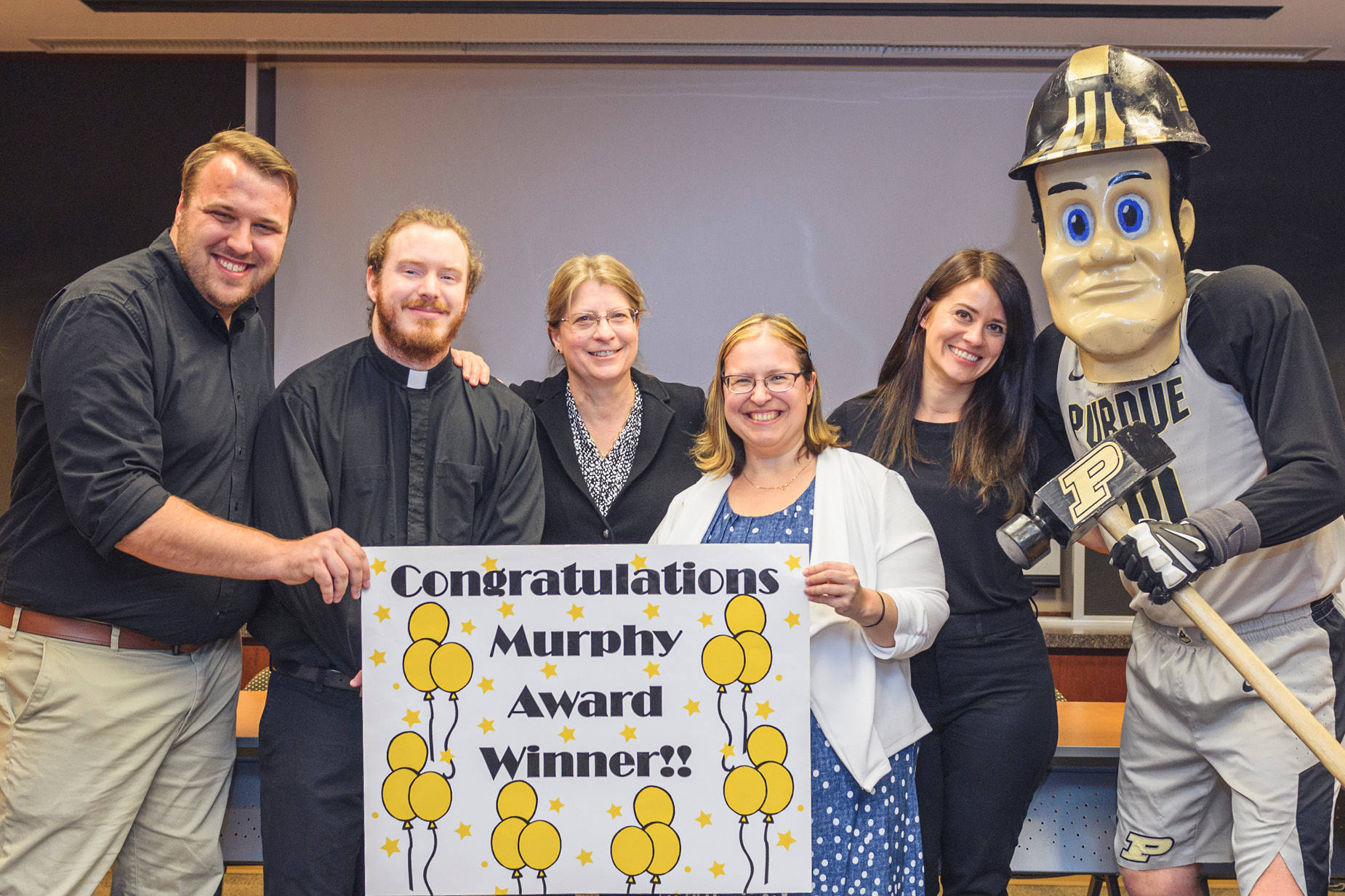
I want to challenge them to think about themselves and the world around them in new, meaningful ways. I hope they find more things they love that they didn’t know they loved before they enrolled in one of my courses.
MELINDA ZOOK Germaine Seelye Oesterle Professor of History; director of Cornerstone Integrated Liberal Arts program
